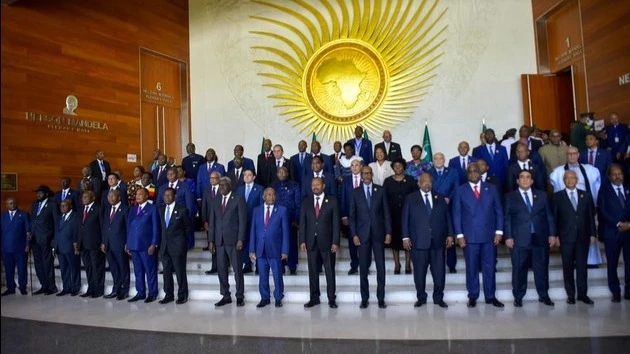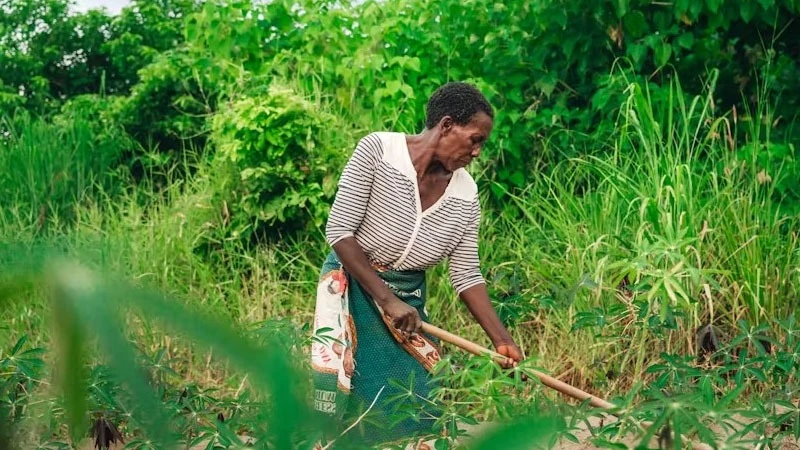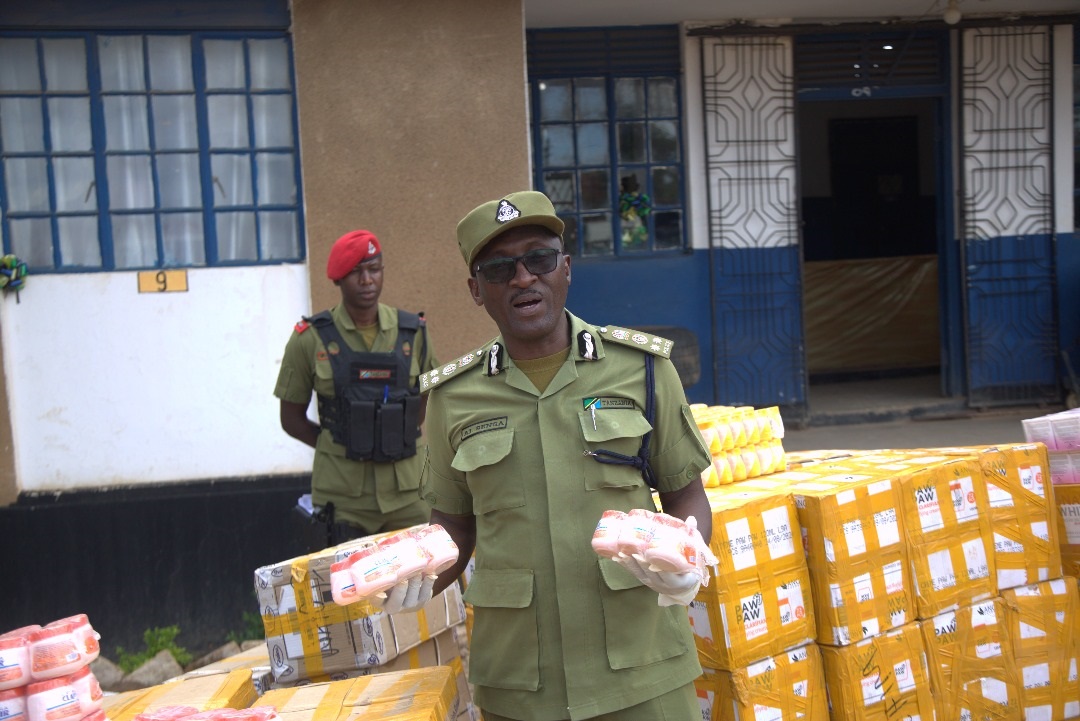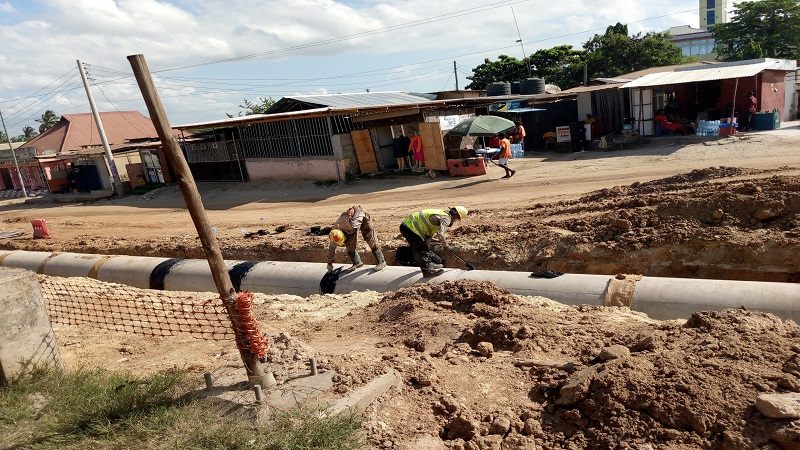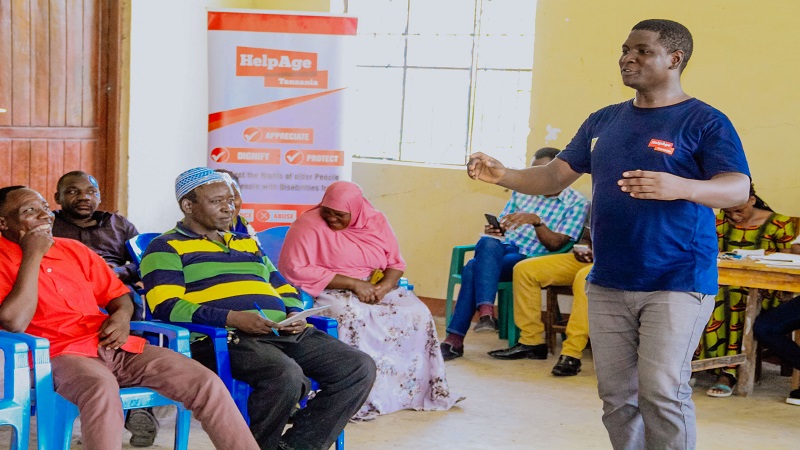Government, USAID intensifies campaign in the fight against rabies
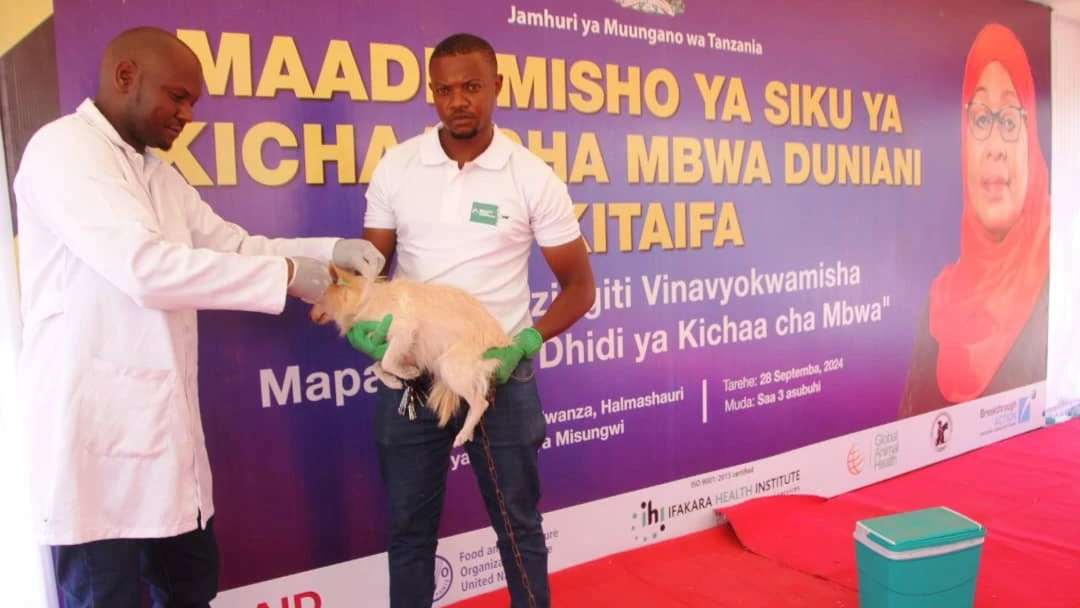
As part of global efforts to combat rabies, the United States Agency for International Development (USAID) continues its mission to empower Tanzanian communities to break the cycle of the preventable yet deadly disease.
Through the ‘Holela-Holela Itakukosti’ campaign, USAID collaborates with the government through the Prime Minister’s Office – One Health Section, Ministry of Livestock and Fisheries, Ministry of Health and the President's Office - Regional Administration and Local Government (PO-RALG) in highlighting the vital role of responsible practices in fighting rabies.
Speaking during this year’s World Rabies Day commemoration, Abdul Mhinte, Deputy Permanent Secretary in the Ministry of Livestock and Fisheries, underscored the critical need for community education and vaccination strategies to combat the disease.
He emphasized the importance of strengthening collaboration between public health officials and local communities to create a unified response.
During the event, held annually on September 28th, the ‘Holela-Holela Itakukosti’ campaign—which translates to ‘recklessness is costly’—raised awareness about rabies, a disease that claims the lives of over 59,000 people globally each year.
In Tanzania, rabies presents a significant public health threat, particularly in communities with limited knowledge and access to veterinary services.
Mhinte said: “Rabies is preventable. Our goal is to ensure that every dog in Tanzania is vaccinated, and that every citizen knows what to do following a bite. Every community must play its part in this fight.”
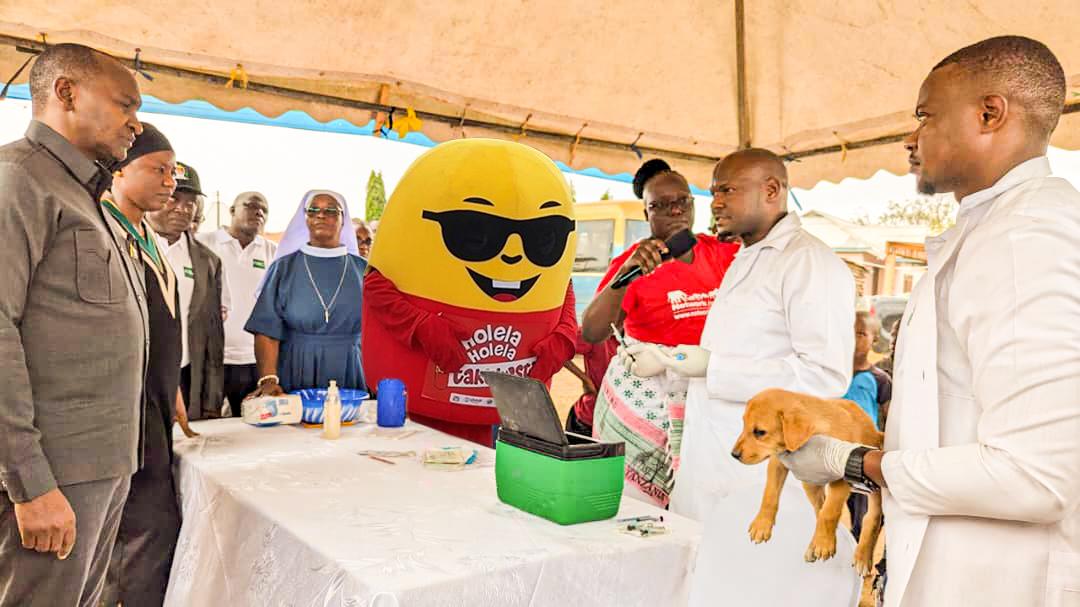
“Our partnerships with USAID and local communities are vital to protect public health and prevent rabies transmission,” he said.
As the campaign targets local communities, its key messages include the importance of vaccinating dogs and seeking immediate healthcare services after dog-bite incidents. Since children are among the most vulnerable to rabies exposure, they are also educated on how to avoid potentially infected animals.
Local testimonies highlighted the campaign’s impact. Revina, a mother of three from Mwanza, shared her experience: “Before the campaign, I had no idea how dangerous rabies was. When we learned that our dogs needed to be vaccinated, we took immediate action. Now, I feel safer letting my children play outside."
The campaign addresses the root causes of rabies outbreaks, such as limited knowledge, inadequate vaccination efforts, and unsafe animal management practices.
The ongoing partnership between USAID and the government demonstrates the power of international collaboration in addressing local health crises.
Top Headlines
© 2024 IPPMEDIA.COM. ALL RIGHTS RESERVED










